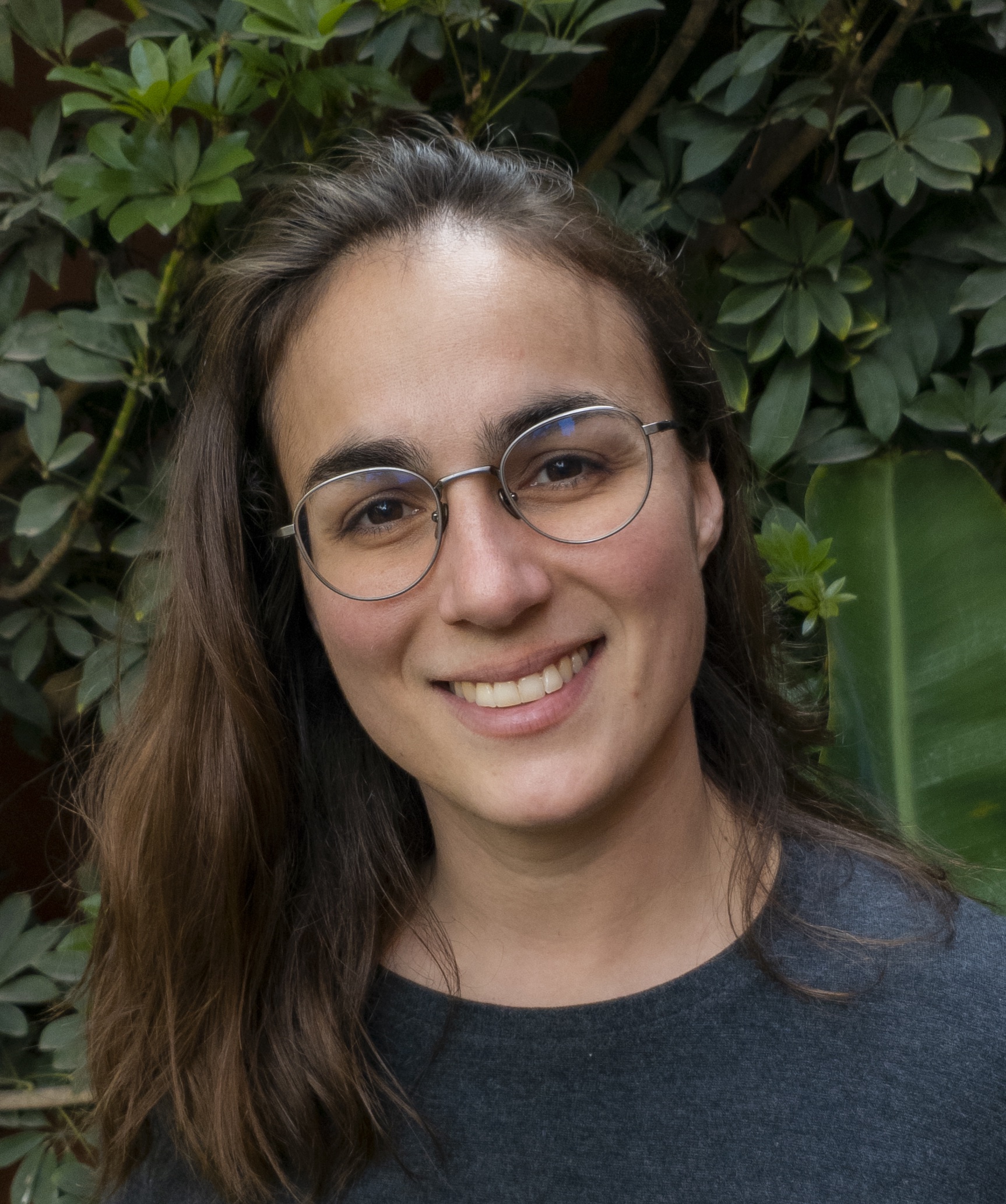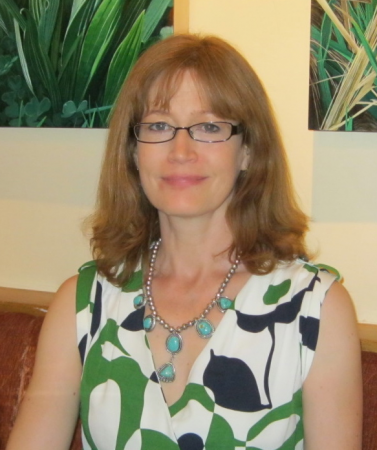

His most recent projects emphasize adaptability—creating materials that are relevant and useful in real teaching contexts—and accessibility: engaging students in producing resources designed with accessibility in mind.
“These projects address the lack of diverse, high-quality anthropology OERs by turning classroom materials into OERs that have been tested and refined through actual teaching experiences. I have also created guides to help other instructors adapt these resources for their courses.”


Cetonia aurata take off composition, Bernie Kohl. Wikimedia Commons
The Projects
Multimodal Ethnography
This project draws on differences in learning and perception to explore the different angles, questions, and curiosities that might offer. Broadly, this resource is concerned with the problems of representation; exploring varied forms of expression and writing; and developing techniques for engaged ethnographic accounts.
Using a series of “modules” (sketching, mapping, digital ethnography, storytelling, letters, walking, & sound), Shiva’s Multimodal Ethnography website offers online resources that details the history of the method; techniques for its adoption; notable, relevant, or possible applications. These methodological techniques emerge from tactile, sensorial, and creative dispositions which challenge detached or overly analytical academic accounts.
Anthro Chronicle
This interactive timeline is an invaluable resource for students, instructors, or anyone who might be interested in the history of anthropology, within and beyond UBC. The timeline displays theoretical and methodological developments in anthropology as well as the disciplinary context and historical events that shaped them. Initially established in an undergraduate history of anthropology class (ANTH400) where students were tasked with making small contributions to the timeline. This project has since been modified and expanded upon to enhance its usefulness as an educational tool for anthropological theory and history classes.
Collaboration & Support
Dr. Shiva is quick to point out these projects are collaborative efforts and would not be possible without the hard work and support of many people:
- Undergraduate academic assistants, Amelia Paetkau (Multimodal Ethnography) and Megan Nguyen (Anthro Chronicle), made invaluable contributions.
- UBC students from Principles of Fieldwork (ANTH407), Urban Ethnographic Field School (ANTH480/SOCI480), and History of Anthropology (ANTH400) contributed to the development of these resources. The Multimodal Ethnography website also features the work of some current and former graduate students who have applied these techniques in their research.
- Technical advice and consultation were generously provided by Open UBC and Arts ISIT. Additionally, Anthro Chronicle was supported by an OER Rapid Innovation Grant.


